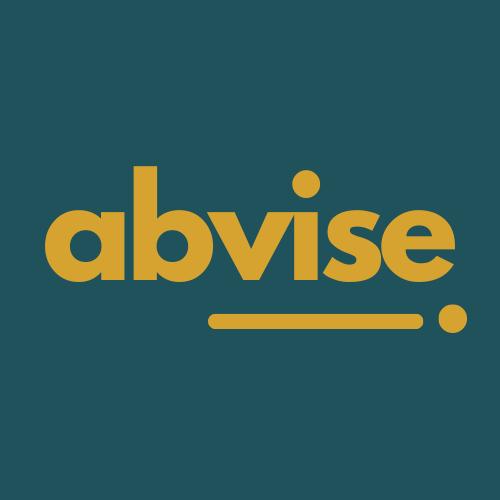Your Partner for Financial Growth and Well-being.

Form 8843 Decoded: Simplified Tax Filing for Non-Residents
Form 8843 Decoded: Simplified Tax Filing for Non-Residents Everything you...
Read MorePeople are key to business success. Whether you’re opening your own office abroad or evaluating contractors.
Hook investors with a financial model that instantly shows them what they need to know about your startup.
In the post-COVID-19 economy, businesses big and small are facing new challenges in the US and global markets. Volatility, uncertainty, complexity, and ambiguity have become the new norm in many industries, making it vital for companies to prioritize business resilience, particularly when it comes to budgeting, cost savings, and lowering operating leverage. One way to reduce costs in wealthier countries is global expansion. By relocating support functions to lower-cost regions overseas, business leaders can better position their companies to weather any uncertainty that may lie ahead.
I run a financial advisory firm in Tbilisi, Georgia, where I’ve served as a fractional CFO for companies based in my home country as well as the US, UK, and Europe. From my work with more than 50 foreign entrepreneurs in industries from IT to manufacturing, I’ve noticed two emerging trends, both centered around global expansion: outsourcing supporting operations overseas, and opening branch offices abroad.
There are a number of advantages to each solution. Outsourcing supporting operations—whether to individual contractors or other companies—can provide a nimble, cost-effective option, allowing your business to scale up or down more quickly. Opening a branch abroad also allows you to tap into global talent while spending less on operating costs than you would at your company’s headquarters, giving your organization the flexibility it needs to ride the wave of any uncertainty.
Whether you simply outsource to overseas talent or expand your business abroad is a strategic decision that depends on your company, industry, and circumstances, and whose consideration lies beyond the scope of this article. Regardless of which option you choose, there are several factors to assess when considering expanding abroad, and this article focuses on key points to help you make an informed decision that’s right for your company.
Nunc et dapibus odio. Praesent est est, tincidunt at scelerisque in, feugiat id erat. Integer ac elit id nulla hendrerit porta sed in nulla. Nam eu odio ac lacus tincidunt ultricies et et massa. In aliquam semper porta.Sed leo augue, dictum quis odio quis, aliquam bibendum neque. Proin vitae commodo leo, ac tincidunt turpis. Etiam efficitur diam a sagittis luctus. Morbi consequat in nulla nec semper. Cras consectetur quis sapien nec bibendum. Phasellus eleifend orci ac diam placerat, in scelerisque odio sollicitudin. Morbi facilisis velit vitae suscipit ornare. Vestibulum scelerisque tempus nulla a ornare. Ut facilisis orci et purus tempus, in gravida risus fringilla. Donec aliquam massa eget dui ultricies fringilla. Mauris aliquet, lectus nec vehicula congue, lorem magna dignissim ex, et pharetra nunc justo at tellus.
When you’re opening an offshore branch or subsidiary, know that it’s easier and less expensive to start and run a business in some countries than others—choosing wisely can make a big difference to your bottom line. Considerations for ease of doing business, as these concerns are collectively known, include the freedom to operate without excessive governmental restrictions and regulations that may affect normal business operations, property rights, business rights, and bureaucracy. Many of these attributes have traditionally been measured in the World Bank’s yearly Doing Business report, which measures the business and investment climates in 180 economies worldwide. (At the time of this writing, this report is being updated and overhauled as the B-READY Project.)
|
Top 10 Minimum Hourly Wages Around the World (in USD)
|
||
|
1
|
Australia
|
$14.50
|
|
2
|
Luxembourg
|
$13.90
|
|
3
|
New Zealand
|
$13.30
|
|
4
|
United Kingdom
|
$11.50
|
|
5
|
France
|
$11.40
|
|
6
|
Canada
|
$11.20
|
|
7
|
Germany
|
$11.10
|
|
8
|
Ireland
|
$11.10
|
|
9
|
Belgium
|
$10.90
|
|
10
|
Netherlands
|
$10.50
|
Form 8843 Decoded: Simplified Tax Filing for Non-Residents Everything you...
Read MoreTax-Effective Business Launch Checklist Tax-smart startups: Abvise.com guides your journey...
Read MoreBOI Reporting Roadmap Guidelines for Transparent Compliance in the Fight...
Read MoreHow to Build Your Startup’s Financial Model to Grab Investor...
Read MoreYour Partner for Financial Growth and Well-being.
